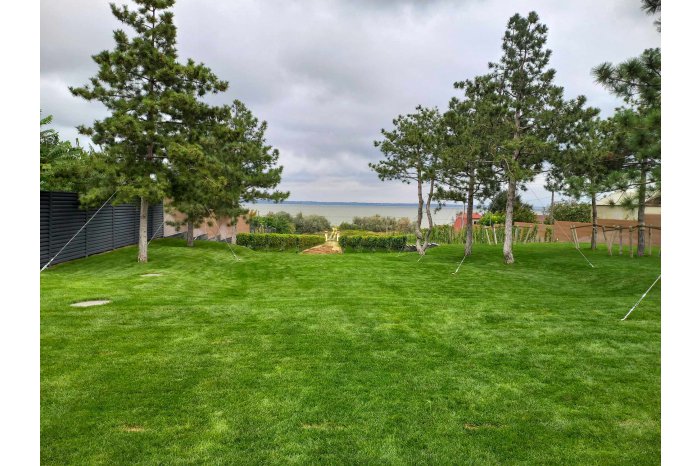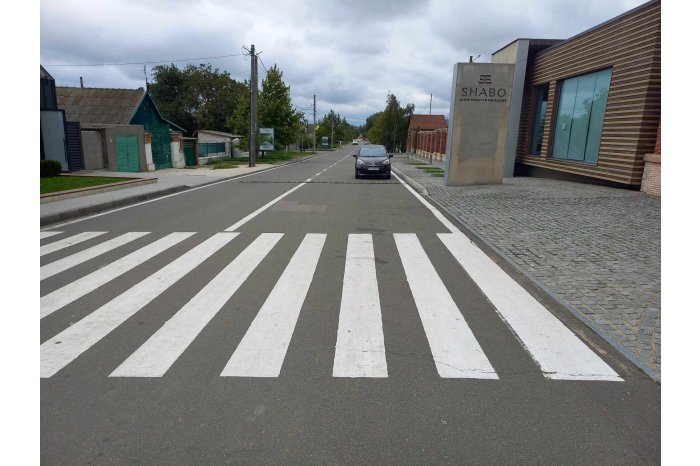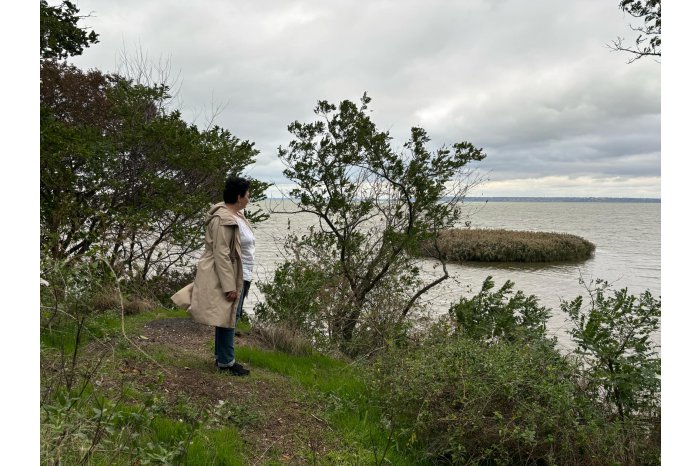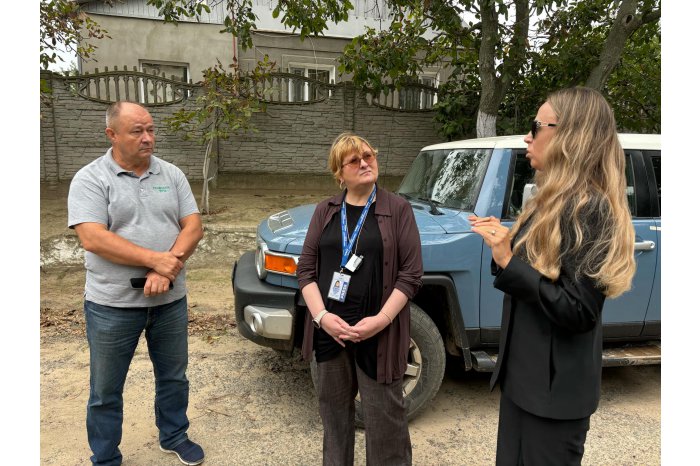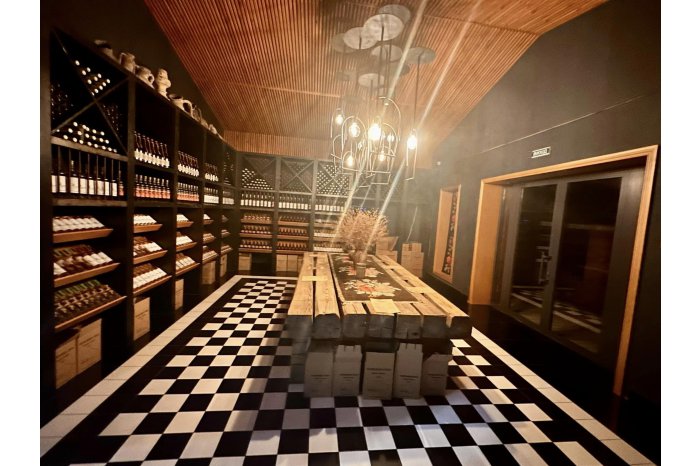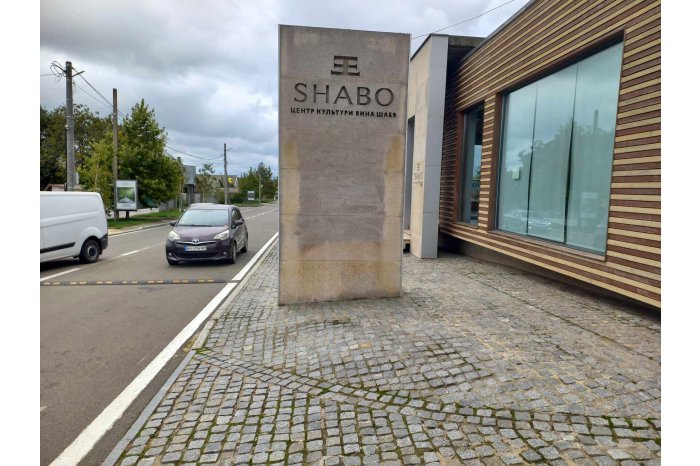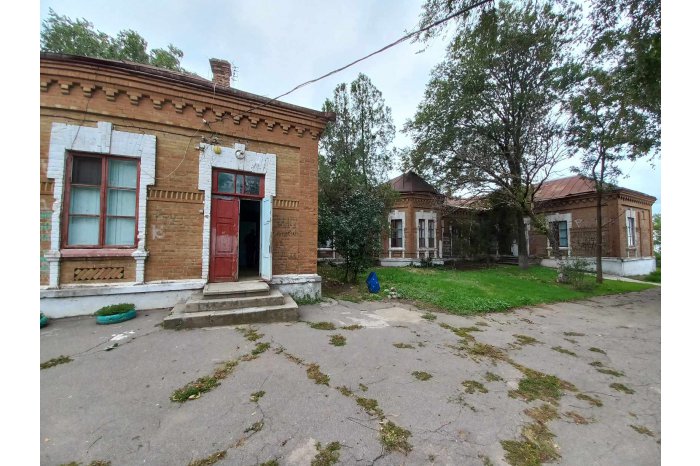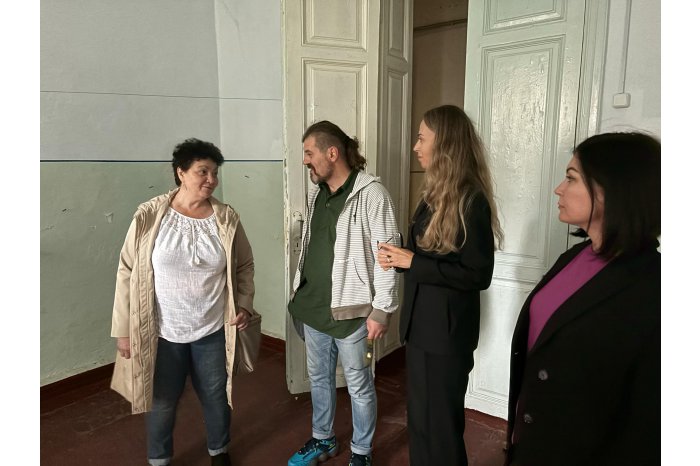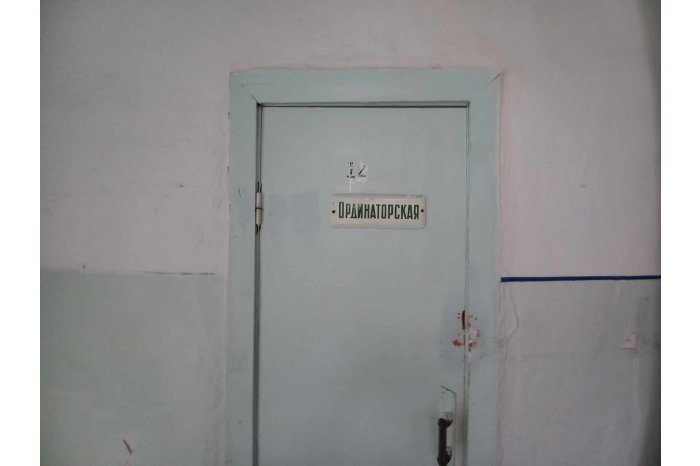MOLDPRES RUNNING COMMENTARY: Route of Mushatins - from Ardud, via Sangerei, Chisinau, up to Shabo - example of preserving national identity in European context
22:25 | 14.10.2024 Category: Regional
In those almost three years which have passed since the beginning of Russia’s war against Ukraine, both in Ukraine, and in Moldova, people understood that the only correct way is the European accession. Only in the European area, each national entity can benefit from rights, order, rule, lawfulness and anyone has possibility to preserve his/her national identity. Or, the regional transformations can make the communities of Moldova and Ukraine, with Romania’s assistance, more competitive in the process of accession to the European Union.
Monica Dinu, consultant for European funds from Romania: I wrote a project, the Route of Mushatins. I did this, in order to be able to comprise as many settlements as possible, which had connection with somebody from the Mushat family. Certainly, the best known representative of the Mushat family was the Ruler Stephen the Great.
The settlement Shabo from Ukraine is the terminus point of the Route. The latter starts in Ardud, the native place of the first Mushatins, goes through Sighetu Marmatiei (Romania), then Sangerei, Chisinau (Moldova), reaches Borodino (presently in Bugeac) and finally Shabo (Ukraine).
The White Fortress and the Shabo Wine Culture Centre Cetatea
Shabo is a Ukrainian winery in south-western Ukraine, at a distance of 75 km far from Odessa and 180 km far from Chisinau.
Since 2003, it was turned into an imposing wine complex, with full cycle of achievement: cultivation, processing, production and sale of wine, sparkling wines and strong beverages. The main attractions are: alley of grapes, museum of wine and wine-making, an exhibition centre of sculptural and architectural art, a multi-vision, two tasting rooms, galleries of deposing wines, a laboratory House of Sparkling Wine.
The Shabo authorities are determined to get involved in the project, Route of Mushatins, not only with the winery, but also with other programmes, which regard the creation of a tourist complex, in the immediate neighbourhood of the Dniester river estuary, which separates it from the Black Sea.
The programme includes also the restoration of the former maternity hospital from Shabo, which should become a museum of the settlement.
Lilia Skalozub, project manager on behalf of the Shabo administration: We have a lot of plans. We are a settlement with a geographical position as rarely one can find and possibilities which it would be regretful not to be turned to good account. Yes, we are a country in war, but we want peace and development. Or, our soldiers sacrifice themselves not in vain; they die on front for the sake of something. Each of their life has a price, priority for the sake of the development and flourishing of our country. The war will end and we will have to give a report: what we have done – we stayed and waited for manna or we did our utmost to grow and develop.
Besides the specific architectural combination, its port and attractive beaches, Shabo can become a special place dedicated to people fond dainties or simply fond of special meals, being in the neighbourhood of the well-known city food market from Odessa. This is an original concept, in the style of the Eastern Bazars, with a wide diversity of dishes, at quite accessible prices.
The key of success of a project is in people’s hands, Monica Dinu says. The consultant for European funds also says that, besides the financial means, the project needs to be fueled also from spiritual sources, such as people’s wish to see the goals achieved; the enthusiasm with which they work in this project. The confidence in their own forces should accompany them during the project’s implementation.
Monica Dinu: The financial means from the country’s budget are not enough, in order to reconstruct certain objects of social importance in a certain community. The European funds provide wider possibilities to achieve these intentions, giving the demander of financing a certain freedom in the project’s management, Monica Dinu also says. She noted that, due to the EU’s financing, Romania had witnessed an ‘’incredible’’ development. This is also the wish for Moldova and Ukraine.
Stephen the Great was the greatest ruler of Moldova during 1457-1504. His qualities of good strategist and diplomat, the initiatives undertaken for the development of culture through the foundation of an impressive number of churches and monasteries and the battles waged and won for the defence of the country’s integrity turned him into a legendary hero.
The Route of Ruler Stephen the Great in Romania and Moldova represents an opportunity of being aware and of promotion of a part of the inestimable heritage bequeathed by the symbol of the revival of cultural, spiritual and monastic life on the territory of Moldavia, Bessarabia and Bucovina.
Correspondent: Lilia Grubii
